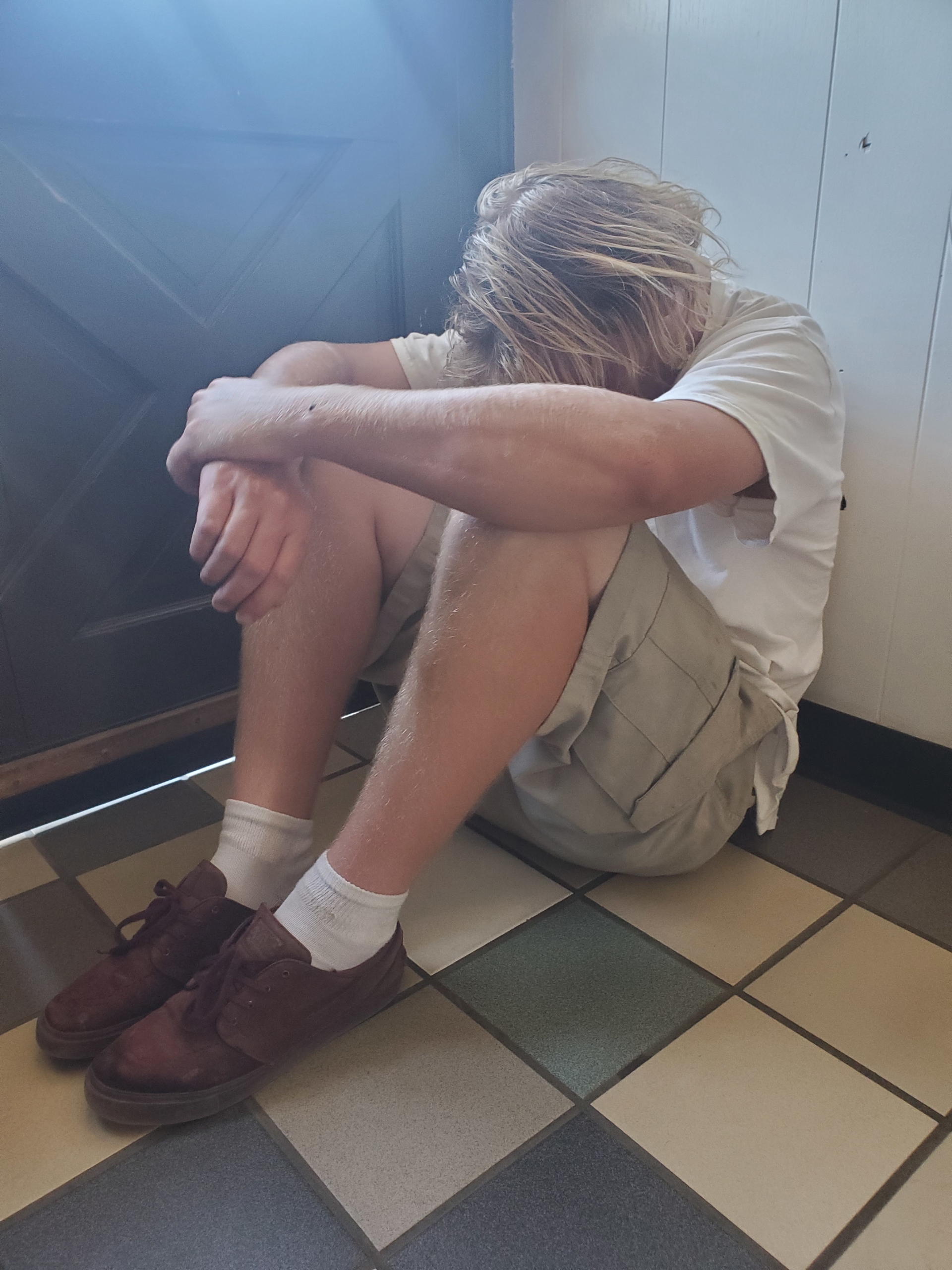Social isolation is defined as the state of being in a place or situation that is separate from others. Social isolation has an reverse cause and effect relationship with addiction, and can cause unwanted health issues. Isolation can not only create an addiction problem, but can also hinder one in the recovery process, causing a relapse. Extended social isolation is a “no win” situation.
The more isolated a person is the better chance of developing addiction problem. It is common for people who are isolated for any reason, to develop depression, stress and anxiety. For many, depression and anxiety are risk factors for substance abuse addiction. In an attempt to manage stress and improve moods, individuals turn to drugs and/or alcohol to make life more bearable. Addiction destroys a person’s ability to develop and maintain healthy relationships with other people. People with addiction issues may feel they don’t belong, are afraid of judgment or they just want to hide away in isolation, so no one knows about their problems. In contrast, recovery asks us to step into the light, reveal our weaknesses, admit powerlessness, and embrace vulnerability by allowing others to help us fight our battle. By nature, social interaction is essential to our mental and emotional health. It is through social interaction in AA and other recovery group meetings that help people feel connected, realize they matter, feel heard and are able to overcome addiction. Peer support is imperative to recovery. Without such support one is prone to relapse.
Outside of the risk for addiction, social isolation poses other health risks. It can be argued that social interaction of any kind is a health benefit for all and being isolated for an extended period of time is detrimental to the health and well being of people in general. Psychologist Louise Hawley, PhD, a senior research scientist at the research organization NORC at the University of Chicago, says chronic loneliness is most likely to set in when individuals either don’t have the emotional, mental or financial resources to get out and satisfy their social need or they lack a social circle that can provide these benefits. “That’s when things can become very problematic, and when many of the major negative health consequences of loneliness can set in, states Dr. Hawley.
According to a meta- analysis co authored by Julianne Holt-Lunstad, PhD, a professor of psychology and neuroscience at Brigham Young University, ” being connected to others socially is widely considered a fundamental human need, crucial to both well-being and survival. As stated by Holt-Lundstad, “lack of social connection heightens health risks as much as smoking 15 cigarettes a day or having alcohol use disorder. She also found that loneliness and no social interaction are twice as harmful to physical and mental health as obesity. In addition, Holt-Lunstad says, “There is robust evidence that social isolation and loneliness significantly increase risk for premature mortality, and the magnitude of that risk exceeds that of many health indicators.”
From the beginning of time, people were created to be connected to others. As stated in the first book of the bible: Genesis 2:18, “Then the Lord God said, It is not good for man to be alone; I will make him a helper suitable for him.” We were not meant to face troubles, nor fight battles on our own. It is also difficult to rejoice and celebrate without others. Families are created, tribes, clubs, organizations and countries developed because we need other people. We each offer our own unique skills and talents to build and develop a community bigger than ourselves.
One can prevent risks and possible devastation posed by social isolation by keeping close relationships with friends and/or family. Joining a church or support group, taking classes, and volunteering are other ways to develop friendships and connections with others. It is through connections with others that a person can be freed from loneliness. In addition, social connection can lower anxiety and depression, help regulate emotions, lead to higher self-esteem and empathy and improve our immune systems.
In case of a “Loneliness Emergency”, you should have at least one family member, friend or mentor you feel comfortable calling on a moment’s notice to express your feelings. Don’t be afraid to reach out, especially when you begin to feel depressed. Caring people don’t mind offering an ear to someone who is in distress and will have joy in knowing they were able to help you through a difficult time. One day you may be able to offer the same service to someone else in a time of need. In doing so, you too will reap the benefits of connection. Remember, by neglecting our need for connection we put our health at risk. We need each other and can do great things together!
~Teri Storm


Leave A Comment